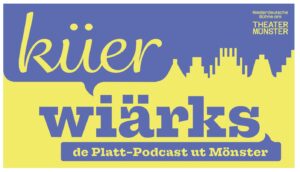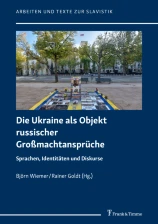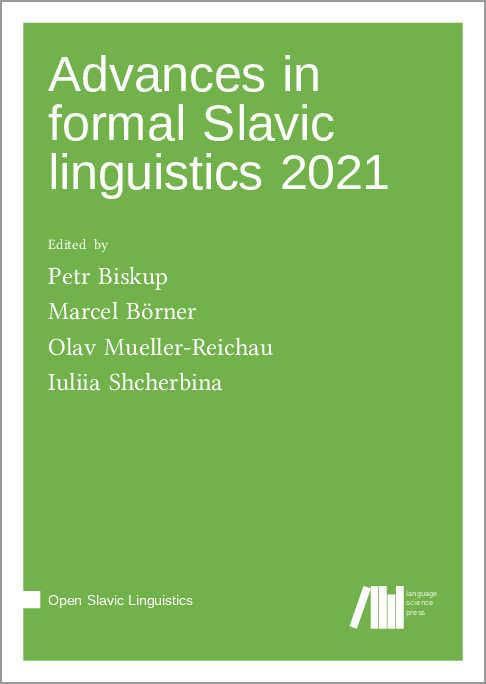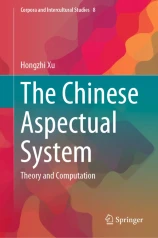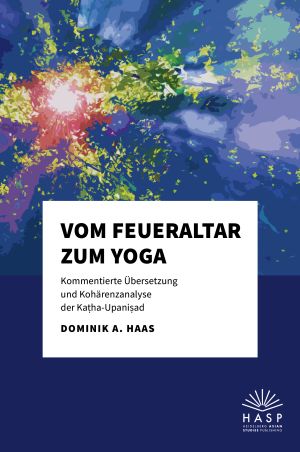Küerwiärks – de plattdütske Podcast ut Mönster. van un met de nederdüske Bühne (NDB) an´t Trioter Mönster.
Die niederdeutsche Bühne setzt sich seit über 100 Jahren für die niederdeutsche Sprache ein, jedes Jahr mit einem Bühnenstück, Lesungen und „Spielwiärks“, Sketche und Musik.
Und ab jetzt auch mit einem Podcast „Küerwiärks“, denn: Platt mot´m küern!
Und so schauen wir uns um, wo sich in Münster plattdeutsche Spuren finden lassen, sprechen mit Menschen, die die Sprache schätzen und sich dafür einsetzen, dieses Kulturgut am Leben zu erhalten und fragen nach, wie das heute gelingt bzw. weiterhin gelingen kann.
Bislang sind zwei Folgen des im Frühjahr 2024 gestarteten Podcasts erschienen:
- Küerwiärks: Plattdeutsch und Theater – Niederdeutsche Bühne Münster
In der ersten Folge von „Küerwiärks“ spricht Moderatorin Dorothee Terfrüchte mit Hermann Fischer — Schauspieler und Regisseur bei der Niederdeutschen Bühne Münster (NDB). Außerdem interviewt sie Hannes Demming. Er war viele Jahre Vorsitzender der NDB und arbeitet als Schauspieler, Regisseur, Schriftsteller und Übersetzer. Er spricht über seine Verbindung zum Plattdeutschen und zum Theater und erklärt, warum diese beiden seiner Meinung nach so gut zusammenpassen. Weitere Gäste im Studio sind Kathrin Henschel, die aktuelle Vorsitzende der Niederdeutschen Bühne Münster, und Markus Kopf, internationaler Schauspieler und Regisseur. Er ist seit 2020 auch als Regisseur an der NDB tätig. In dieser Gesprächsrunde geht es insbesondere um die Frage nach der Zukunft der plattdeutschen Sprache und dem Weltkulturerbe NDB. - Küerwiärks: „Afriet Riemsels“, Stadtheimatbund Münster
In dieser Folge geht es um eine weitere plattdeutsche Spur in Münster, den „Afriet Riemsels“ und in dem Zusammenhang um die Frage, was es mit dem Satz „Zukunft braucht Geschichte“ auf sich hat, insbesondere im Hinblick auf die plattdeutsche Sprache. In der Sendung geht’s um die Frage: Kann Platt auch „cool“? Mit anderen Worten — was macht diese „alte“ Sprache erhaltenswert und auch heute attraktiv? Dazu hat die Moderatorin Dorothee Terfrüchte einige Mitglieder des „Stadtheimatbundes Münster“ eingeladen: die Vorsitzende Ursula Warnke sowie ihre Stellvertreterin Dr. Kathi Menke, Peter Kaenders, Stadtheimatpfleger und Dr. Josef Vasthoff, besonders aktiv und engagiert in der Pflege der niederdeutschen Sprache. Außerdem als Gast-Moderator im Studio und Live-Reporter auf dem Prinzipalmarkt mit dabei: Ludger Hove, Geschäftsführer der „Niederdeutschen Bühne“.

